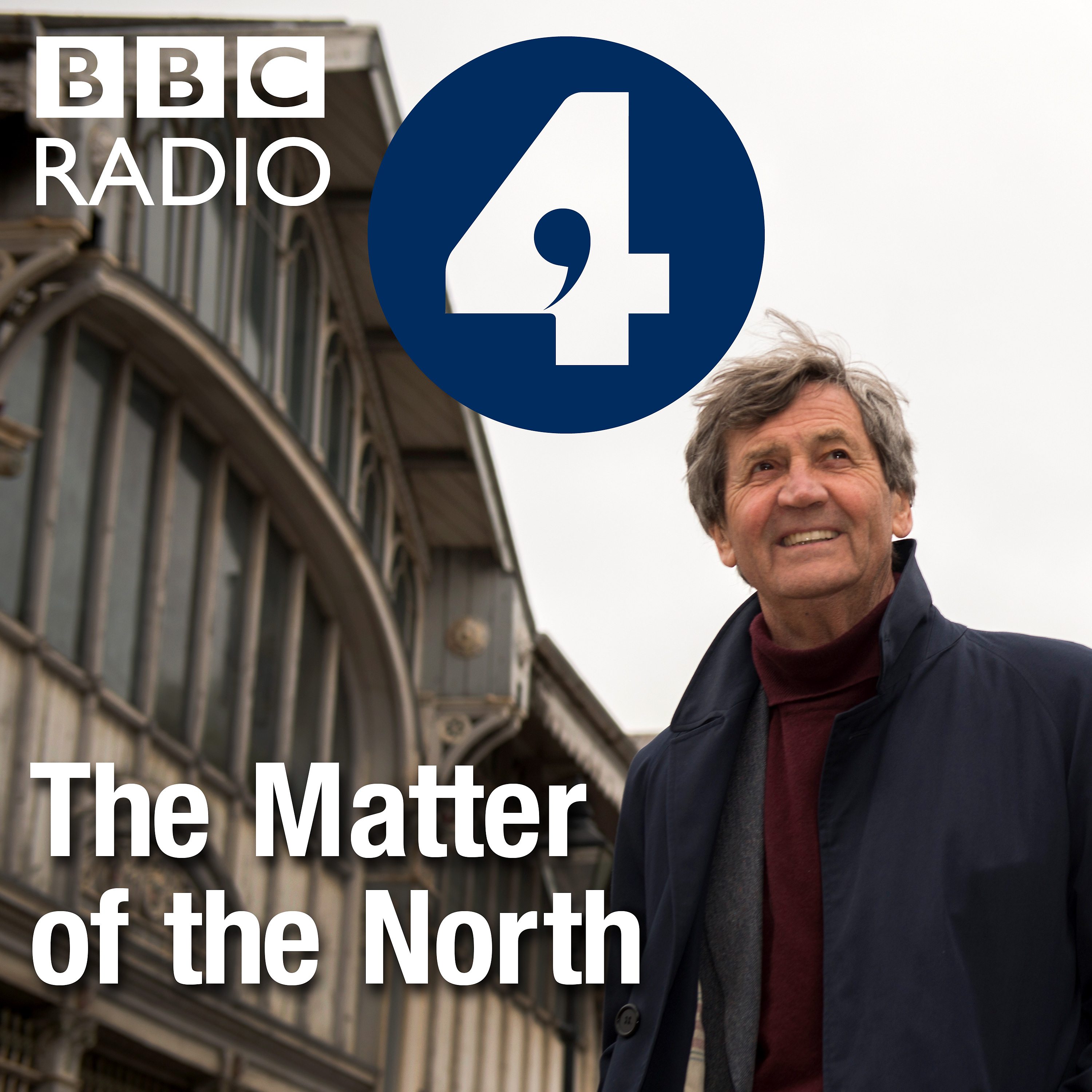Manchester: First City of the Industrial Revolution
Description
Melvyn Bragg celebrates the achievements of Manchester, the original northern powerhouse. Its emblem is the bee, a symbol of work, cooperation and industry. It was from here that huge scientific, social and commercial changes would sweep the globe. Melvyn visits Quarry Bank Mill in Styal outside Manchester which is one of the best preserved textile mills in the country.
Melvyn visits the house of the novelist Elizabeth Gaskell, who chronicled the rapidly changing lives of the people who lived in or near Manchester, or Cottonopolis as it was known. Melvyn hears how a culture of dissent or non-conformity fed into the city's spirit of invention. He discusses the great scientists that came out of the city - James Joule the father of thermodynamics and John Dalton the father of atomic theory. Melvyn also hears about one of the country's biggest and now largely forgotten art exhibitions which was held in Manchester - The Art Treasures exhibition of 1857.
Contributors
Canon Apiarist Adrian Rhodes, Manchester Cathedral
Professor Hannah Barker, University of Manchester
Dr James Sumner, University of Manchester
Jenny Uglow
Dr Katy Layton-Jones, University of Leicester
Maria Balshaw, The Whitworth Art Gallery
Producer: Faith Lawrence.
More Episodes
In this final programme Melvyn Bragg celebrates the power of northern voices in our sporting life, and asks what being and sounding Northern means more generally - in a year which has seen what might be a traumatic and decisive shift in our politics, and in our sense of national identity. In the...
Published 09/09/16
Published 09/09/16
Melvyn Bragg explores the great cultural movements that came from the North of England which rippled out to affect the world - music with the Beatles, social commentary with Coronation Street and the rise of some of Britain's greatest comedians. Melvyn Bragg examines the contribution of the north...
Published 09/08/16


